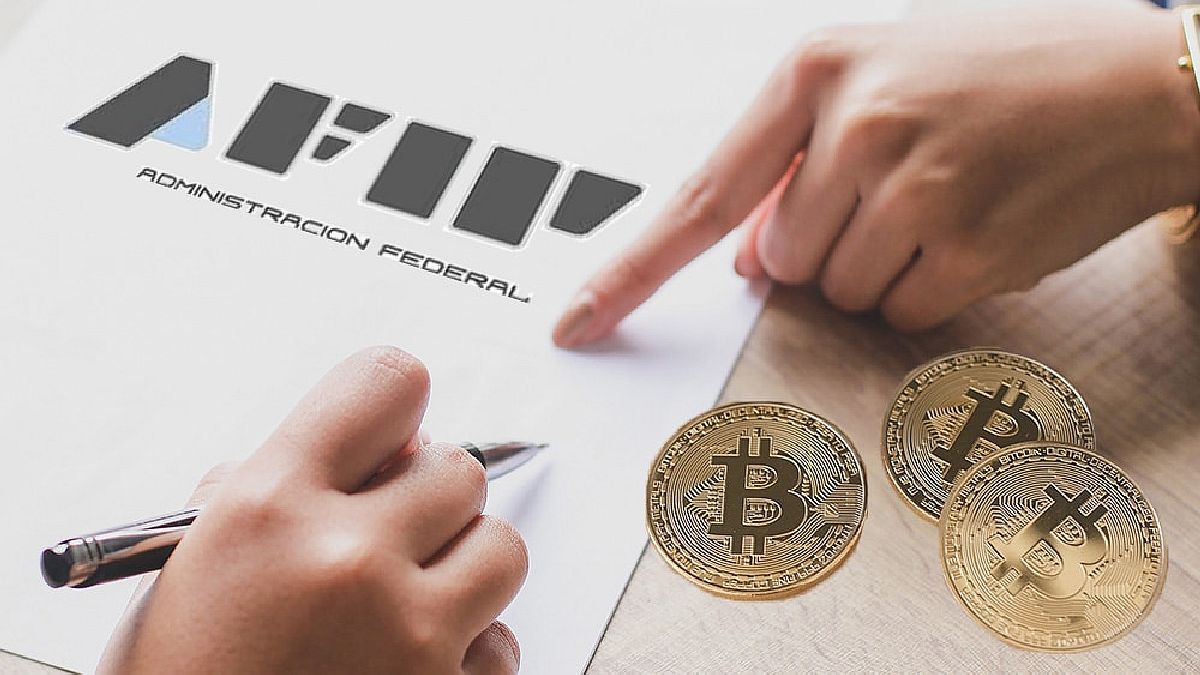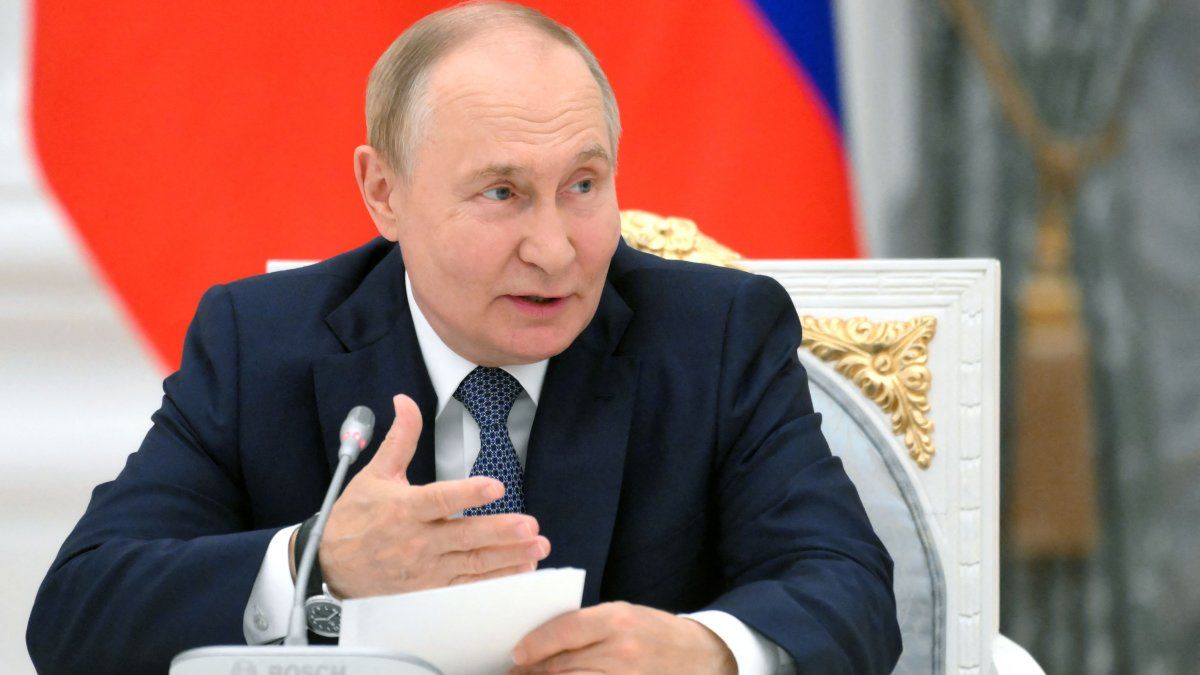At the same time, it states that it will seek to “provide more support to the current payment digitalization process to improve the efficiency and costs of payment and cash management systems.” And it also announces that there will be greater regulations to “safeguard the protection of the financial consumer.”
FNF44OEXIAAjM2W.jpg
In recent times, Bitcoin and cryptocurrencies have become popular in the local market and Argentines use them not only as another saving tool without restrictions, but also to fund special credit cards and receive cashback or other operations such as buying cars, renting apartments. , among other uses.
This rapid adoption was measured by the Australian consulting firm Finder, which positioned Argentina as one of the countries with the most cryptocurrency investors in Latin America; and number 13 globally. In this line, according to data from Research de Chanalysis, The Argentine market already moves US$68.8 billion, which represents 17% of Argentina’s GDP in 2020, which was US$383.1 billion.
This high volume of investments -and also the rapid local adoption- take place for several reasons: on the one hand, it is a poorly regulated market and without government control; and on the other hand, it is totally decentralized, that is, it does not depend on any traditional financial institution.
The International Monetary Fund is not unaware of these numbers. On repeated occasions, he criticized cryptocurrencies and the tokenization of economies. Specifically, it considers that cryptocurrencies are a “greater” risk in emerging countries -such as Argentina- because they can be used by citizens to “replace the national currency” and thus “bypass exchange restrictions and capital management measures”.
At the beginning of December of last year, the IMF published an article on its official blog talking specifically about cryptocurrencies and highlighted that “its relationship with the regulated financial system is increasing rapidly in recent years.” In this context, the entity pointed out that all countries must have officials who formulate policies and monitor the risks of the evolving sector since “many of these activities are not regulated.”
“In fact, we believe that these risks to financial stability could soon become systemic in some countries.“, they warn and explain that uncoordinated measures can facilitate greater flows of digital capital, which are “potentially destabilizing” the international monetary and financial system.
“Crypto assets are potentially changing the international monetary and financial system in a profound way. The IMF has developed a strategy to continue fulfilling its role in the digital age,” the entity acknowledged.
What is the IMF’s long-term strategy to continue to be relevant in fully tokenized economies? In the official report, the entity details that its plan is to “maintain the international financial system stable and efficient.”
“Digital money must be regulated, designed and provided by countries to maintain full control of monetary policy, financial conditions and capital,” they point out and say that the role of the IMF will be precisely to help make this happen and to guarantee global macroeconomic stability.
What is the position of Argentina
In the country there is still no precise regulation or regulatory framework on cryptocurrencies. Faced with its boom in the local market, the Central Bank of the Argentine Republic and the National Securities Commission (CNV) warned all Argentines about possible “implications and risks” and pointed out that “they are not legal tender money.”
On the other hand, the Federal Administration of Public Revenues (AFIP) collects monthly information on balances in cryptocurrencies, operations and movements in accounts of local exchanges such as SatoshiTango, Buenbit, Ripio, Lemon Cash, among other platforms. Precisely, the AFIP has information on the movements, the total amount of income or expenses in cryptocurrencies and where the capital came from (whether from a bank or in cash) and the monthly balance of the accounts in pesos, in foreign currency and in cryptocurrencies. .
In this context, more and more Argentines turn to decentralized digital wallets and platforms that do not reside within Argentina and therefore, the collection agency does not have information about their financial movements and investments in cryptocurrencies.
Source: Ambito
David William is a talented author who has made a name for himself in the world of writing. He is a professional author who writes on a wide range of topics, from general interest to opinion news. David is currently working as a writer at 24 hours worlds where he brings his unique perspective and in-depth research to his articles, making them both informative and engaging.




